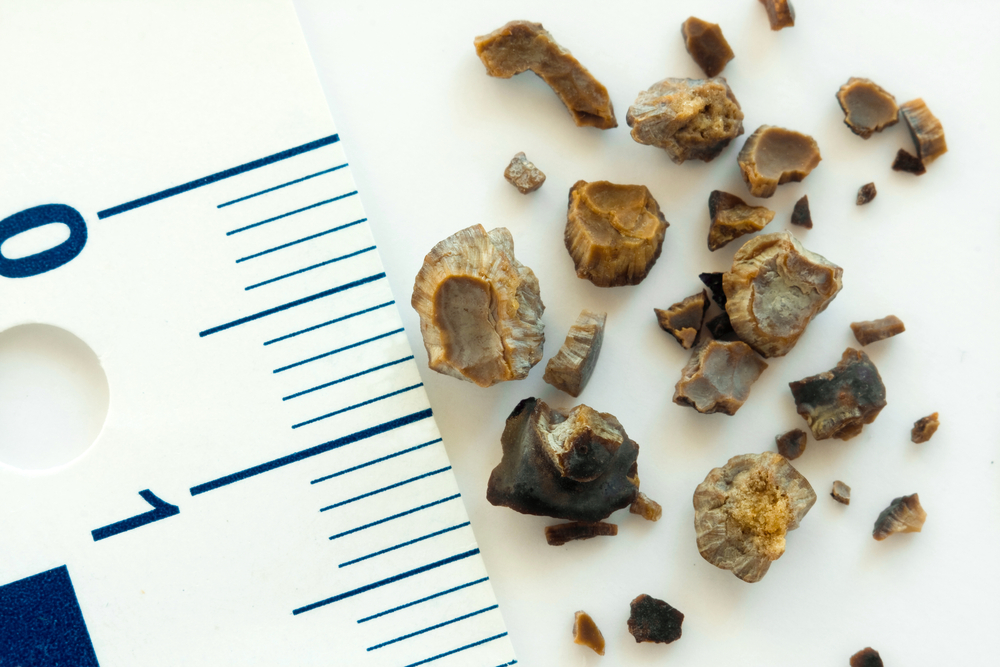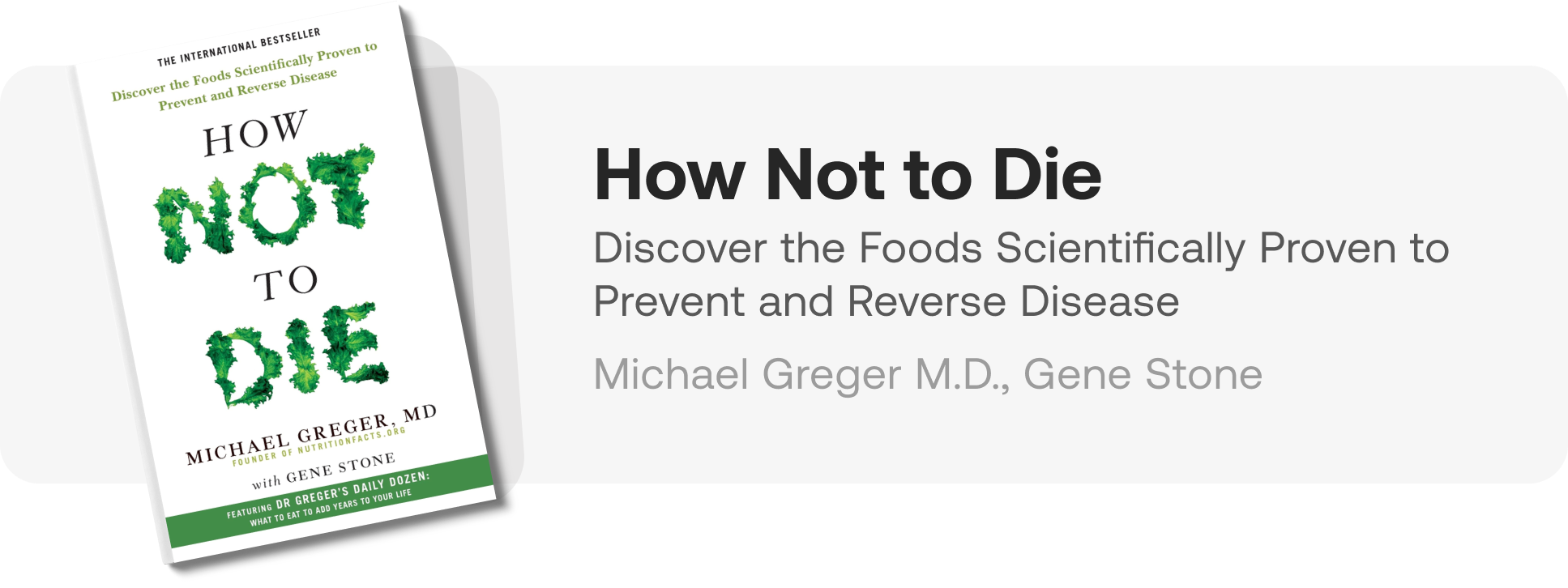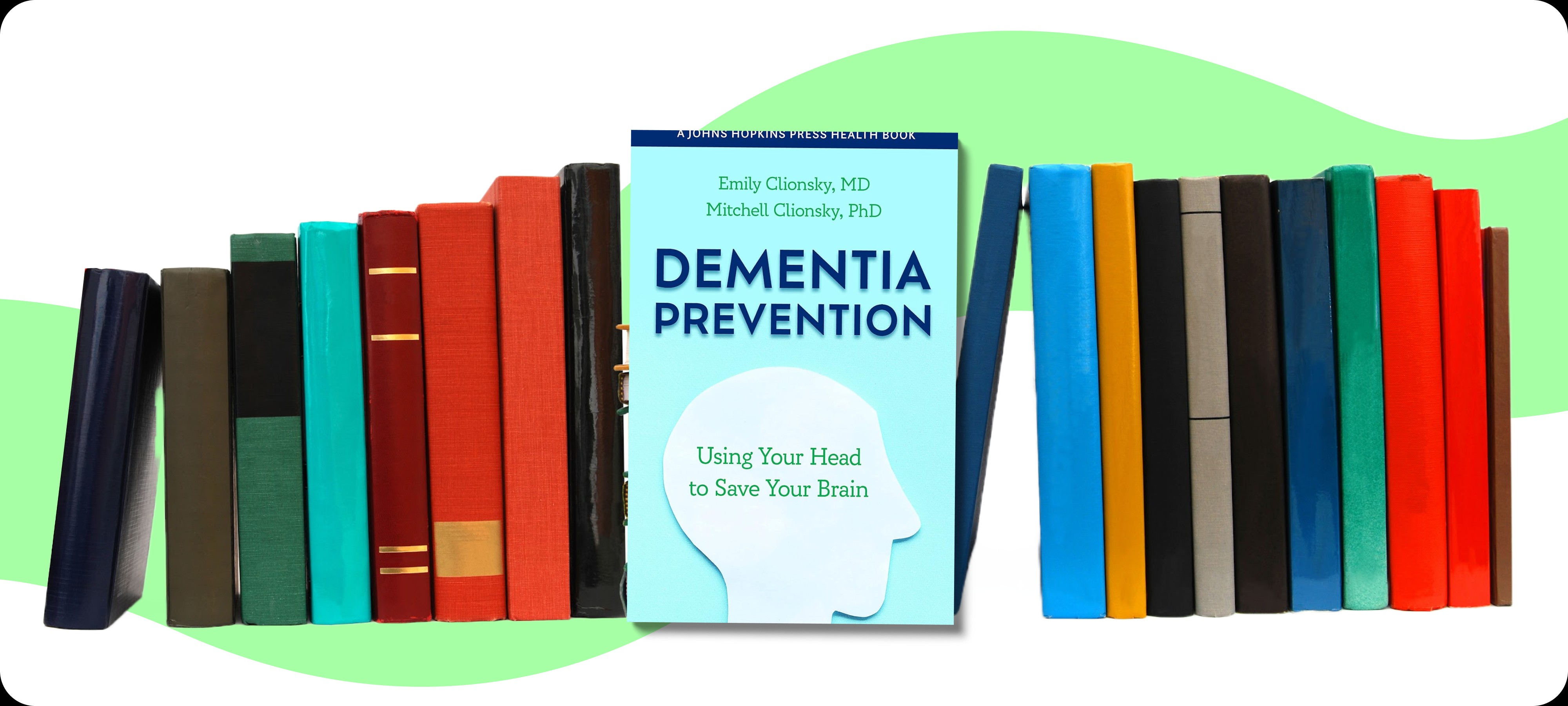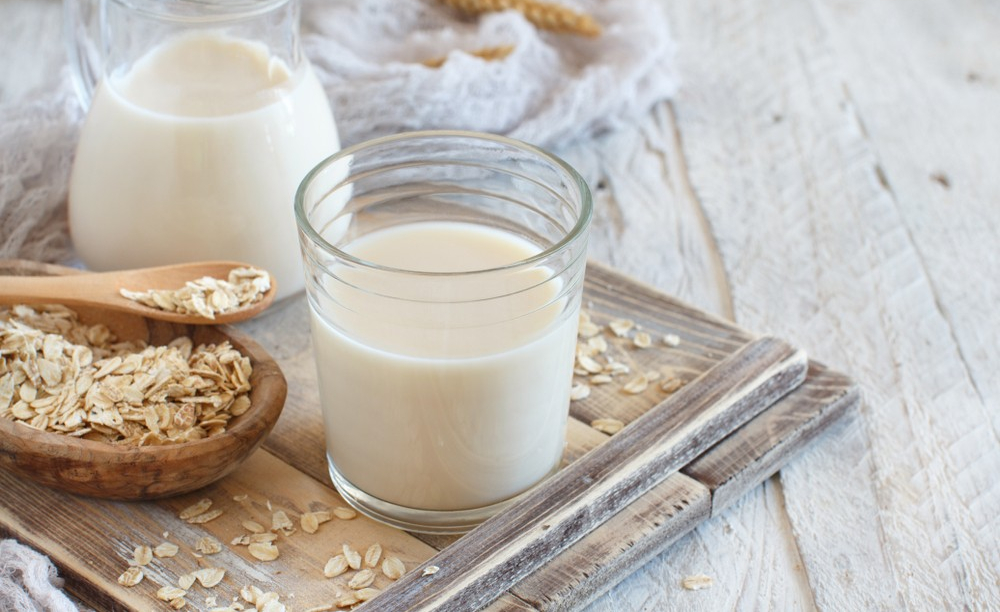Around 850 million people, which is 12% of the world’s population, suffer from kidney stones. Even though kidney stone is a condition not considered life-threatening and there are no publications examining its mortality rate, this disease may lead to serious infections, kidney damage and kidney failure. In 2015, 1.2 million people die from kidney failure.
 Source: WebMD
Source: WebMDHave you ever felt discomfort or heaviness in the back, precisely in the area of the kidneys after savouring a nicely spiced and salted stake while washing it down with red wine? These are your kidneys raving up in hyperfiltration mode. Kidneys are bean-shaped organs that serve as high-tech, nonstop filters for our blood. Each day, the kidneys process 142 litres of blood and make your organism produce urine that flushes all the waste from the body.
Unfortunately, we all tend to take kidney work for granted and put it at risk of forming stones by unhealthy lifestyles. Stones deprive kidneys of working properly.
What are kidney stones?

Kidney stones are hard deposits that form in the kidneys when there is an excess of certain substances, such as calcium, oxalate, and uric acid, in the urine. These substances can build up and form clumps, which can grow into stones. Kidney stones can vary in size and shape and can be as small as a grain of sand or as large as a pearl.

Main risk factors of kidney stones

It is important to know about the risk factors for kidney stones because understanding these factors can help you take steps to reduce your risk of developing kidney stones. Kidney stones are formed when certain substances, such as calcium, oxalate, and uric acid, build up in the urine and form hard, solid masses. These stones can cause pain and discomfort as they pass through the urinary tract, and in some cases, they can cause serious complications if they become stuck in the urinary tract or cause an infection.
Dehydration can increase the risk of kidney stones because it can lead to an excess of minerals in the urine, which can then form into stones. When the body is dehydrated, the kidneys are not able to produce enough urine to flush out excess minerals, such as calcium and oxalate. These minerals can then accumulate in the urine and form kidney stones. In addition, dehydration can cause the urine to become concentrated, which can also increase the risk.
A diet high in salt, animal protein, and sugar may increase the risk of kidney stones because these dietary factors can affect the balance of minerals in the body and increase the concentration of certain minerals in the urine.
A high intake of salt can lead to an excess of sodium in the body, which can cause the kidneys to excrete more calcium in the urine. This can increase the risk of calcium-based kidney stones.
A diet high in animal protein and sugar (especially fructose) can lead to an excess of calcium and oxalate in the urine. These minerals can then form kidney stones.
There are several medical conditions that are associated with an increased risk of kidney stones. These include inflammatory bowel disease, gout ( high levels of uric acid in the blood that lead to the formation of uric acid kidney stones), chronic diarrhoea, diabetes, obesity, etc. What is more, some medications such as diuretics and calcium-based antacids can increase the very risk.
Kidney stones are more common in people who have a family history of kidney stones. This is likely due to a combination of genetic and environmental factors that can increase the risk of developing kidney stones.
There are several genes that have been identified as being associated with an increased risk of kidney stones. These genes are involved in the regulation of calcium and oxalate metabolism, which are two major components of kidney stones.
Obesity and excess weight can lead to an excess of certain substances in the urine, such as calcium, oxalate, and uric acid, which can increase the risk of kidney stones.
Plus, obesity is associated with an increased risk of developing certain medical conditions that can increase the risk of kidney stones. Extra weight is a risk factor for high blood pressure and type 2 diabetes which can increase the risk of kidney stones.
The study of 84,000 postmenstrual women showed that ladies with an elevated body mass index are 1.30 – fold more likely to experience kidney stones than those with a normal BMI.
Even though kidney stones may appear at any age, people who are between the ages of 40 and 60 are the most likely to develop this condition.
 Source: PubMed
Source: PubMedMen are more likely to develop kidney stones than women. In their lifetime, nearly 11% of men will experience a kidney stone, compared to just 9% of women.
Main symptoms of kidney stones

The main symptom of kidney stones is pain, which can be severe and may be felt in the back, side, lower abdomen, or groin. The pain may come in waves and may be accompanied by nausea and vomiting. Other symptoms of kidney stones may include:
Blood in the urine: Kidney stones can cause blood to appear in the urine, which may make the urine appear pink, red, or brown.
Frequent urination: Kidney stones may cause a frequent urge to urinate.
Burning sensation when urinating: The presence of kidney stones may cause a burning sensation when urinating.
Difficulty urinating: Kidney stones may cause difficulty urinating or a feeling of incomplete emptying of the bladder.
Abdominal pain: Kidney stones may cause abdominal pain or discomfort.
If you are experiencing any of these symptoms, it is important to see a doctor as soon as possible. Kidney stones can cause serious complications if left untreated.
Main complications of kidney stones

Kidney stones can cause several truly unpleasant complications if left untreated, including:
Blockage of the urinary tract: Kidney stones can cause a blockage in the urinary tract, which can lead to an infection or damage to the kidneys.
Kidney damage: If a kidney stone becomes stuck in the urinary tract and cannot pass, it can cause damage to the kidneys.
Urinary tract infection: Kidney stones can cause an infection in the urinary tract, which can lead to fever, chills, and a burning sensation when urinating.
Septicemia: If a kidney stone becomes infected, it can lead to septicemia, a serious condition in which bacteria enter the bloodstream and spread throughout the body.
Ureteral stricture: Kidney stones can cause scarring of the ureter, the tube that carries urine from the kidneys to the bladder, leading to a narrowing or stricture of the ureter.
Chronic kidney disease: If kidney stones are not treated and cause damage to the kidneys, it can lead to chronic kidney disease.
8 ways to prevent kidney stones

The good thing is that medicine has developed various remedies to treat kidney stones that are curable. Medical treatment for kidney stones can be highly effective in relieving symptoms and helping the stones pass through the urinary tract. Though medicines are accompanied by a myriad of very unpleasant side effects that are ranging from nausea and diarrhoea to pain, bleeding and infections.
Fortunately, lifestyle changes can significantly reduce the risk of kidney stone development. Let’s have a closer look at them.
1Drink enough water
Drinking enough fluids, especially water, can help flush out the substances that can form stones in the kidneys. Higher fluid intake diminishes the very risk by diluting urine concentration, decreasing urine acidity, and eliminating excess salt.
According to the European Association of Urology guidelines, it is recommended to drink at least 2.5 litres of water daily in order to prevent kidney stones.
Multiple studies were conducted on the issue of liquid intake’s influence on kidney stone formation.
One meta-analysis found that increasing fluid intake (>2000 mL/day) was associated with a 61% reduction in kidney stone risk.
 Source: National Library of Medicine
Source: National Library of MedicineIn another study, researchers found that the group that consumed the most fluids decreased their kidney stone risk by 60 – 80% when compared with the group that consumed the least fluids.
According to another meta-analysis, drinking more than 2000 mL per day reduced the risk of first kidney stones by at least 8% compared with 1500 mL per day, and drinking 3100 mL per day reduced kidney stone risk by 26% compared with 1500 mL.).
Even though the results vary, we can vividly see the link between higher liquid intake and a drop in kidney stone risk. So staying hydrated is essential for your kidneys.
2Do not overeat foods high in oxalates
Eating in moderation foods high in oxalates can help reduce the risk of kidney stones because oxalates are compounds found in certain foods that can contribute to the formation of kidney stones. When oxalates are absorbed from the digestive tract, they can bind to calcium and other minerals to form crystals, which can accumulate in the kidneys and lead to the formation of kidney stones.
In a study, the urine of 2000 stone formers was compared with healthy controls. According to the results of each cohort study, as urinary oxalate excretion increased from 20 to 40 mg/day, kidney stone risk grew 2.5 to 3.5-fold.
To prevent stone formation, a reasonable goal is to consume less than 100 mg of oxalate daily. Ideally, it should be around 50 mg. This can be achieved by eating, for example, 9 almonds that approximately contain 50 mg of oxalate.
3Consume less animal protein
A diet high in animal protein can increase the risk of kidney stone formation. This happens because animal protein tends to increase the levels of calcium and oxalate in the urine, which can promote the formation of kidney stones.
In the study, subjects were asked to consume an additional can of tuna fish as extra animal protein in their daily diets. Within two days, the risk of kidney stone formation increased by 250% because the levels of stone-forming compounds — calcium, oxalate, and uric acid spiked.
Reducing the intake of animal protein and increasing the intake of plant-based ones may help to drop the risk of kidney stones. Most adults need around 0.8 grams of protein per kilo of body weight per day. For instance, if you weigh 70 kg you need to have around 55 g of protein daily. It is best to achieve daily protein intake by combining animal and plant proteins in a 50/50% ratio.
4Add more naturally calcium-rich foods
For the best stone prevention, calcium should come from food. Calcium-rich foods lower the amount of oxalate (a natural compound that causes kidney stones). When you consider good sources of calcium, dairy products are high on the list.
During a randomized controlled trial, hypercalciuric men were given either calcium-free (400 mg) or calcium-enriched diets (1200 mg) with restrictions on protein, oxalate, and salt intakes. In 5 years, compared to those who followed a low-calcium diet, those with a high-calcium diet had a 51% lower rate of stone recurrence.
 Source: PubMed
Source: PubMed5Cut down on salt
By reducing the intake of salt, you can help reduce the amount of calcium in the urine – the lower the urine calcium, the lower the risk of developing kidney stones. Cutting on salt also decreases the concentration of minerals and waste products in the urine, which can lower the risk of kidney stones. It’s generally recommended to aim for no more than 2,300 milligrams (mg) of sodium per day, although some people, such as those with high blood pressure or a history of kidney stones, may need to restrict their intake even further. But cutting doesn’t mean totally avoiding it because a deficiency of calcium causes different health problems.
6Eat more fruits and veggies
Increasing the intake of plant-based foods can help to support kidney health and reduce the risk of kidney stones. Fruits and vegetables can help enhance the intake of water and other fluids, which can help flush out excess minerals and waste products that can lead to kidney stones. Plant-based foods are typically lower in oxalates – compounds that contribute to the formation of kidney stones. Finally, plant-based diets are often high in fibre, which can help reduce the very risk by decreasing the absorption of calcium and other minerals in the digestive tract.
Raspberry helps to get rid of calcium oxalate – the main cause of kidney stones
Raspberry is able to expel stones from the urinary tract. Because raspberry has an extract that shows significant preventative effects on calcium oxalate deposition and precipitation in the kidney, and it eliminates calcium oxalate from the body.
Parsley makes it easier to remove kidney stones
Parsley is rich in antioxidant, anti-inflammatory, and diuretic features that help to maintain healthy kidneys. Parsley was found to be effective in regulating urinary pH at a value at which calcium oxalate crystals could be eliminated in an easier way.
Pomegranate controls calcium levels and reduces the difficulty of removing kidney stones
Phytochemicals in pomegranates cause muscle relaxation in the urinary and biliary tract, which allows stones to be easily removed from the kidney. The pomegranate extract inhibited inflammation in the urolithiasis rat model and controlled calcium oxalate levels.
7Exercise regularly
Physical activity can help increase the volume of fluids that are consumed, which can help flush out excess minerals and waste products that can contribute to the formation of kidney stones. Additionally, exercise can help to reduce the risk of other conditions that can increase the risk of kidney stones, such as high blood pressure, diabetes, and high cholesterol.
The study with 8931 participants demonstrated that the odds of kidney stones decreased as physical activity increased. The risk of stone formation dropped approximately by 33% in subjects whose physical activity reached activity equals 30 min of brisk walking, 7 min of training with jumping rope and 30 min running (6 miles per hour) 5 days per week.
Physical activity can help improve overall kidney health by promoting good blood flow and reducing inflammation in the body. It’s generally recommended to aim for at least 150 minutes of moderate-intensity or 75 minutes of vigorous-intensity physical activity each week, or a combination of both. This can be achieved through activities such as brisk walking, jogging, cycling, swimming, or dancing.
8Maintain a healthy weight
Being overweight or obese is a risk factor for kidney stones, as excess body fat can lead to an increased concentration of minerals and waste products in the urine. That’s why keeping fit is crucial for preventing kidney stones.
The study of 4000 diabetic participants showed that the risk of kidney stones was 12.1% higher in subjects with a body mass index (BMI) of 25.0–29.9 and 38% higher in diabetics with a BMI of 30 compared to a normal BMI of less than 25 kg/m2.
How to prevent kidney stones? Let’s summarise

Kidneys are essential two-beans organs and great waste management tools in your body. They filter blood and make the body eliminate all the waste by urination. Taking kidney functions for granted results in an immense number of people having kidney stones. It’s medically treatable but it’s a very unpleasant disease to experience. By implementing dietary and lifestyle changes we can significantly reduce the risk of kidney stone formation and keep our natural filters healthy. Small changes in our daily routines may, later on, lead to outstanding positive results. Take care of your kidneys!
Not enough? Here is more from our colleagues
If you want to learn more about kidney stones, we recommend you read the book ‘How not to die’ by Michael Greger. Not only it provides insight into preventing and dealing with kidney stones and other severe conditions but also offers tips on having a healthy lifestyle that can protect you from diseases and premature death. The very article is inspired by this book. It’s a must-read for anyone looking to improve their overall health and longevity.

Here is an informative video about the effect of spinach, chard, and beet greens on our kidney’s health and why we should be cautious about eating these greens.








